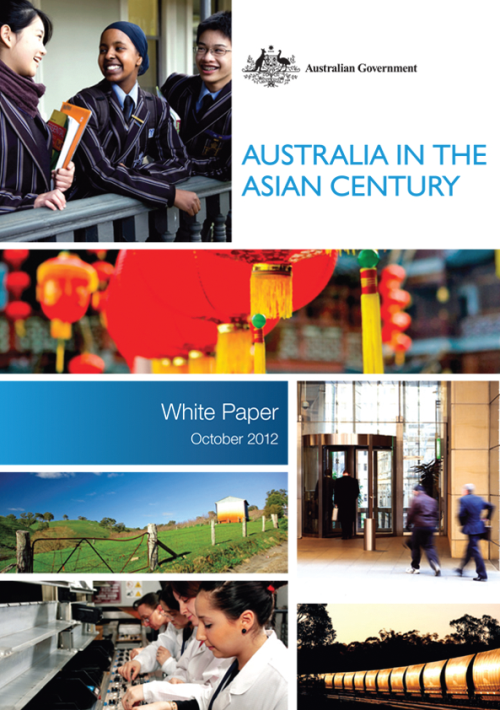In an attempt to mediate between the warring Russian oligarchs who have the major stakes in Norilsk Nickel, the Kremlin has apparently enforced a deal giving a third tycoon, Roman Abramovich an effective mediating stake.
LONDON (MINEWEB) – As watchers of the world’s largest nickel and palladium miner will know Russian headquartered Norilsk Nickel has been beset by boardroom strife between the two Russian mining oligarchs who each own around 25% of the company – Vladimir Potanin and Oleg Deripaska. Deripaska’s United Company Rusal bought into Norilsk back in 2008 and he and Potanin have been at loggerheads virtually ever since over a number of issues.
Now a third oligarch, Roman Abramovich – perhaps as well known for his control of the UK’s Chelsea football club – is to acquire a 7.3% stake in Norilsk through his holding company, Millhouse, plus a disproportionate board presence – three of the 13 directors – through an escrow deal whereby all three of the major holders put similar 7.3% stakes into an escrow account which Millhouse will control. This will give Abramovich an effective controlling decision-making stake which, it is hoped will act as a mediation between the other two warring oligarchs and bring stability to the major miner
The deal appears to be politically inspired with the Kremlin losing patience on the inter-oligarch rivalries which have beset what is one of Russia’s largest companies and a significant contributor to the economy both in terms of tax take and of raw materials production – Norilsk also being one of the world’s top 10 copper miners.
























